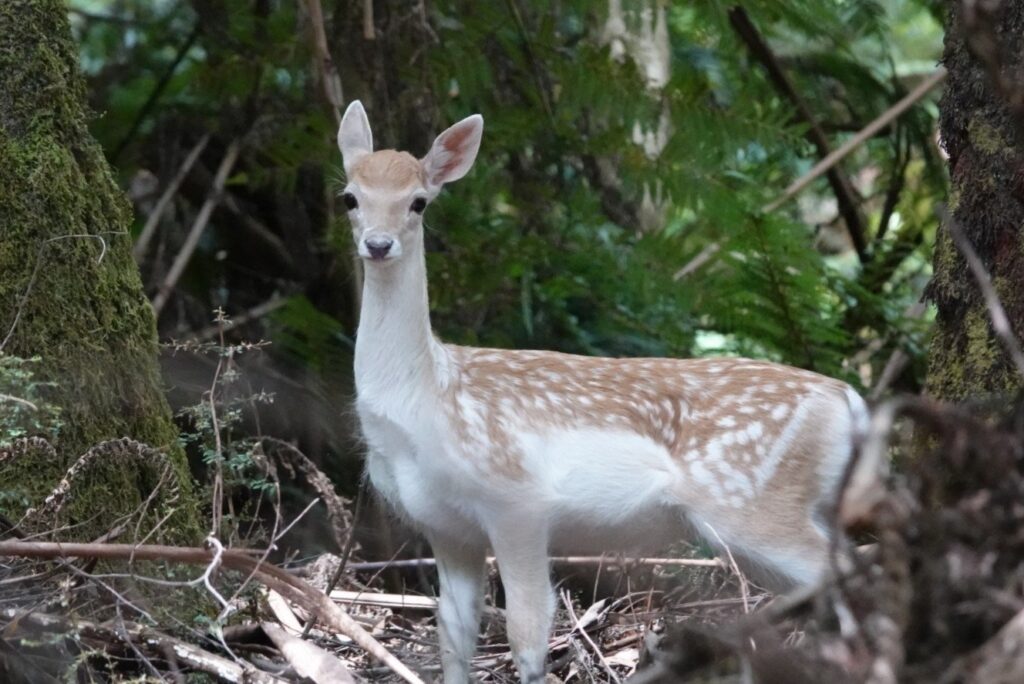
UPDATE: The Biodiversity Council has issued an urgent plea for the New South Wales (NSW) government to abandon the controversial Conservation Hunting Bill 2025, stating the proposed amendments could severely threaten local environments and communities. The council, comprised of researchers from eleven universities, has officially submitted concerns to a parliamentary inquiry, highlighting the potential risks associated with the bill.
Officials assert that the bill lacks evidence to support its claim that recreational hunting effectively manages invasive species or enhances conservation efforts. Following a critical review, the Biodiversity Council emphasizes that current bounty schemes are not only ineffective but frequently lead to fraud, exacerbating issues with feral animal populations.
Lis Ashby, Policy and Innovation Lead at the Biodiversity Council, expressed grave concerns, stating, “This legislation risks putting the interests of hunters ahead of conservation, community safety, and cultural values.” The council warns that the bill prioritizes hunting over essential land management strategies, undermining existing scientific approaches to pest control.
The proposed legislation would replace the skills-based Game and Pest Management Advisory Board with a new body, the Conservation Hunting Authority, which critics argue would be dominated by hunting interests. This change threatens to skew land management decisions in favor of hunting access, rather than evidence-based strategies.
Euan Ritchie from Deakin University echoed these sentiments, noting that while hunters can play a role in conservation, their contributions are effective only within targeted, intensive programs managed by conservation professionals. “Recreational hunters killing a few animals here and there is nowhere near the sort of effort required to meaningfully reduce populations,” Mr. Ritchie stated, emphasizing the need for a coordinated approach to pest management.
The Biodiversity Council’s submission comes at a critical time as the NSW government weighs its options. The urgency of this matter cannot be overstated, as communities and local economies may face significant setbacks if the bill is enacted. Environmental advocates are urging citizens to voice their concerns to local representatives to prevent potential harm to biodiversity and public safety.
As the situation develops, stakeholders from various sectors are closely monitoring the government’s response. The council is advocating for comprehensive pest control strategies that include aerial and ground-based culling, targeted poison baiting, and trapping—methods scientifically proven to be more effective in managing invasive species.
With the parliamentary inquiry underway, the time is now for the NSW government to listen to the scientific community and prioritize sustainable conservation practices. The call to action is clear: abandon the Conservation Hunting Bill 2025 for the sake of local ecosystems and community welfare.
Stay tuned for more urgent updates on this developing situation.





